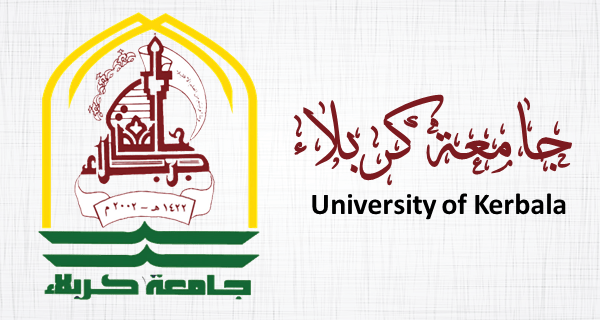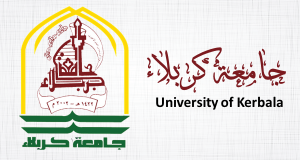Prof. Dr. Ghassan Obaid Muhammad Al-Mamouri
Kerbala College of Law
The definition of sustainable development: There have been many different definitions that dealt with sustainable development since the advent of This concept, and interest in the concept has emerged in the report of the World Union for the Conservation of Natural Resources, which devoted entirely to sustainable development, In this report: “is the constant endeavor to estimate the quality of human life with Taking into account the capabilities and capabilities of the natural system that embraces life, as this definition describes the dimension environment as an important component of sustainable development and focuses on the fact that its essence is thinking about the future and The fate of the coming generations.
The term sustainable development has not been far from the difference between specialists in defining its concepts since its appearance in 1972 at the Stockholm Conference to this day, and its concepts have varied in number. It was one of the starting stations for the interest in this term and the trend towards its application on the ground. The global focus, not the regional one, began with the interest in the term sustainable development through the conference that was held in 1981 under the title of the International Strategy for the Preservation of the environment. The first definition appeared according to the report issued by the World Federation for Sustainable Development. Constant striving to appreciate the quality of human life, taking into account the capabilities and capabilities of the natural system that embraces life.
Sustainable development has also been defined as development that meets the needs of the present without endangering the ability of future generations to satisfy their needs.
Through the two definitions above, it is clear to us that sustainable development is a comprehensive process that aims at the continuous interdependence between the economic, social and environmental fields and institutions within society and then works to empower members of society and public institutions, provide and satisfy current needs and protect the rights of future generations.
As for the definition of sustainable development by international organizations, the International Organization for Food has defined it as managing and protecting natural resources and paying attention to technological and institutional change in a way that guarantees the implementation and satisfaction of human needs for present and future generations.
In France, sustainable development was defined by looking at its objective, and it was defined as (sustainable development that aims to meet the development needs and health of current generations without compromising the ability of future generations to meet their needs.
As for the legislative definition of sustainable development, it was defined in the Environment Protection and Improvement Law No. 27 of 2009 in Iraq as (economic and social development that meets the needs of the present generation without affecting the needs of future generations by preserving environmental systems.
All definitions indicate that sustainable development is a dynamic term that cannot be restricted to a specific concept because of its direct and indirect association with the social, economic, political and legislative development of countries.
In today’s world, it represents an essential pillar of the work of states and societies alike, according to its role and activity in order to control the management of natural and financial resources for the purpose of continuity of life on a planet of diminishing resources and a declining population.
The rights of future generations to these resources should be taken into account, and the search for social behavior through economic, political, legal and environmental means.
Due to the importance of striving towards achieving sustainable development, the specialists took care of it and established several theories, some of which are applicable and others are not. These theories differed in their content according to some priorities, which are as follows:
First – theories call for environmental priority – this theory is supported by ecologists and economists.
Second – theories call for economic priority, and these theories are supported by economists.
Third – theories call for justice in the distribution of wealth and development, and these theories are supported by sociologists.
In next articles, we will explain the content of these theories, in addition to the position of international institutions and bodies and the World Bank on sustainable development.





























































